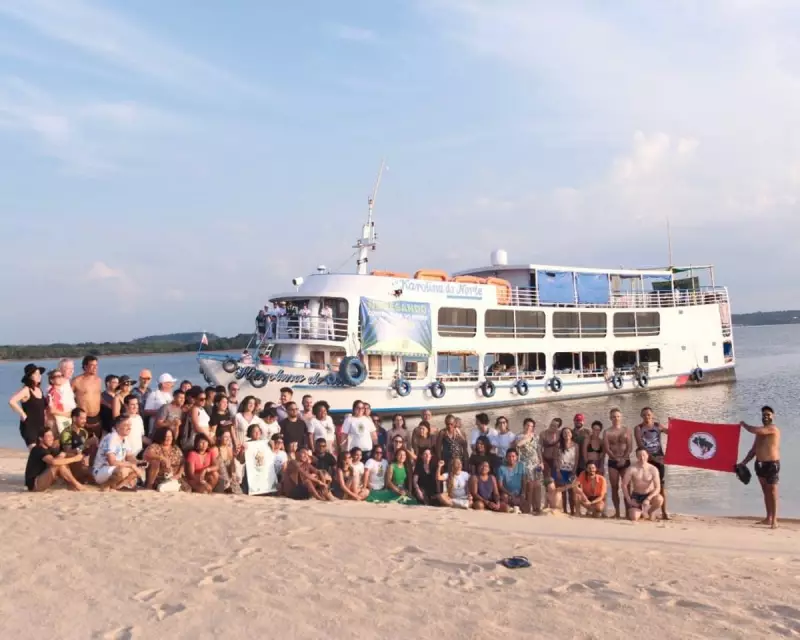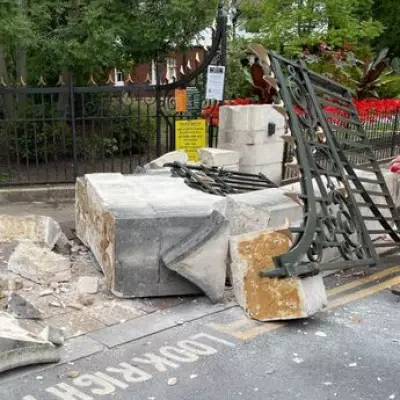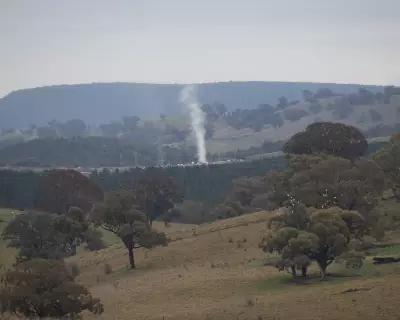
A remarkable aquatic procession is making its way toward the Brazilian city of Belém, as multiple flotillas converge on the Amazonian metropolis in a powerful visual statement ahead of the critical COP30 climate summit.
The waterways surrounding the city have become a moving tapestry of colour and purpose, with boats of all sizes carrying indigenous leaders, climate activists, and community representatives from across the region. This gathering of vessels represents what participants describe as "a meeting of voices" - those most affected by climate change bringing their message directly to the doorstep of international negotiations.
The Journey to the Heart of the Amazon
Among the converging fleets is a notable contingent that embarked from Santarém, navigating the intricate network of Amazonian rivers that serve as both highway and home to countless communities. Their journey represents more than mere transportation; it's a symbolic bringing of the Amazon's pulse to the global stage.
Local organisers have emphasised that this aquatic approach mirrors traditional ways of gathering in the region, where rivers have historically functioned as the connective tissue between communities. "We're using our ancestral ways of meeting to address the most modern of crises," explained one coordinator.
Indigenous Leadership in Climate Conversations
The flotilla carries a particularly significant contingent of indigenous leaders whose territories span the Amazon basin. These voices bring generations of knowledge about living in harmony with the world's largest tropical rainforest, alongside stark warnings about its accelerating destruction.
Their presence challenges the often exclusionary nature of high-level climate talks, where those with the deepest connection to threatened ecosystems frequently struggle to access negotiating rooms. The visual impact of hundreds of boats arriving simultaneously creates an undeniable presence that negotiators cannot ignore.
A City Transforming for the Global Stage
Meanwhile, Belém itself undergoes a dramatic transformation as it prepares to host what many consider the most important climate meeting since the Paris Agreement. The city, positioned at the gateway to the Amazon, finds itself straddling two worlds: the bustling urban centre and the vast rainforest that begins just beyond its boundaries.
Local authorities are working to complete infrastructure projects designed to accommodate the expected influx of delegates, activists, and journalists. The preparations highlight both the opportunities and tensions that come with hosting such a significant global event in a region grappling with environmental pressures.
The Stakes for COP30
This year's climate summit carries extraordinary weight, with scientists increasingly vocal about the narrowing window to prevent catastrophic warming. The flotilla's arrival serves as a poignant reminder that climate negotiations are not merely about abstract targets and technical language, but about real communities facing existential threats.
As one organiser noted, "We're not coming to ask for help - we're coming to offer solutions. The world needs to listen to those who have protected these forests for centuries."
The convergence of boats on Belém creates both a spectacular visual moment and a substantive challenge to delegates: will the voices arriving by river find meaningful space at the negotiating table? The answer may well determine the success of the entire summit.





